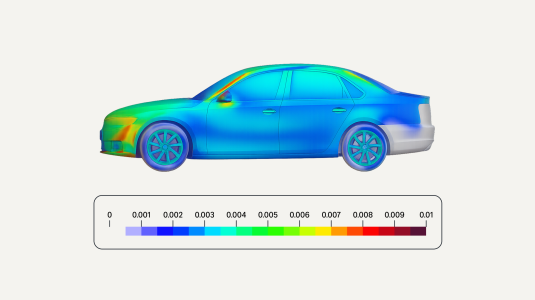Customer-obsessed science


Research areas
-
September 26, 2025To transform scientific domains, foundation models will require physical-constraint satisfaction, uncertainty quantification, and specialized forecasting techniques that overcome data scarcity while maintaining scientific rigor.
-
Featured news
-
Conference on Natural Language Processing (NATP) 20242024We present a supervised learning approach for automatic extraction of keyphrases from single documents. Our solution uses simple-to-compute statistical and positional features of candidate phrases and does not rely on any external knowledge base or on pre-trained language models or word embeddings. The ranking component of our proposed solution is a fairly lightweight ensemble model. Evaluation on benchmark
-
WACV 20242024Video quality can suffer from limited internet speed while being streamed by users. Compression artifacts start to appear when the bitrate decreases to match the available bandwidth. Existing algorithms either focus on removing the compression artifacts at the same video resolution, or on upscaling the video resolution but not removing the artifacts. Super resolution-only approaches will amplify the artifacts
-
IEEE SaTML 20242024We revisit the problem of differentially private squared error linear regression. We observe that existing state- of-the-art methods are sensitive to the choice of hyperparameters — including the “clipping threshold” that cannot be set optimally in a data-independent way. We give a new algorithm for private linear regression based on gradient boosting. We show that our method consistently improves over
-
2024In the realm of spoken language understanding (SLU), numerous natural language understanding (NLU) methodologies have been adapted by supplying large language models (LLMs) with transcribed speech instead of conventional written text. In real-world scenarios, prior to input into an LLM, an automated speech recognition (ASR) system generates an output transcript hypothesis, where inherent errors can degrade
-
2024Recent advancements in Generative AI, such as scaled Transformer large language models (LLM) and diffusion decoders, have revolutionized speech synthesis. With speech encompassing the complexities of natural language and audio dimensionality, many recent models have relied on autoregressive modeling of quantized speech tokens. Such an approach limits speech synthesis to left-to-right generation, making
Collaborations
View allWhether you're a faculty member or student, there are number of ways you can engage with Amazon.
View all














































